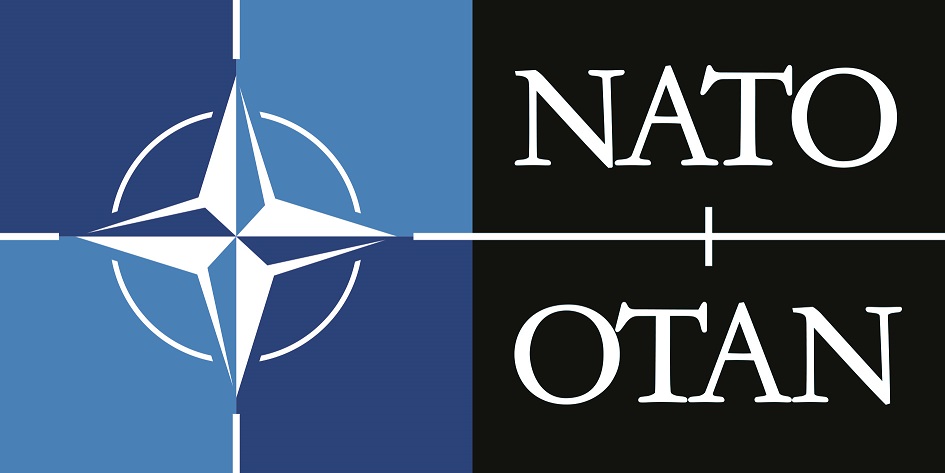Programmes
Expert Speakers on NATO - Universities and Specialist Events
ATA UK is able to provide expert speakers on NATO to address all types of audience. Such speakers can, for instance, provide additional depth to university courses in international relations. ATA UK can call upon a network of national and international experts who can provide interesting – often first-hand – insights about NATO. ATA UK can also liaise with NATO to check on the availability of speakers from NATO itself.
Promoting NATO to Youth
Sixth Forms and Colleges of Higher Education
ATA UK offers a range of exciting and interactive educational programmes particularly suited to young people aged 16 – 19. Students of History, Politics or those reading uniformed public services courses would benefit greatly from our suite of sessions which link perfectly to curriculum requirements. Year 11 pupils in secondary schools may also benefit from our menu of options.
However, students from other subject areas can benefit because our package develops universal skills such as critical thinking, and it explores decision-making and builds confidence. We cover concepts such as democracy, the rule of law and liberty. Our programmes make an invaluable contribution to assisting schools to meet the OFSTED inspection framework (19 April 2021) particularly in relation to ‘personal development’ and ‘spiritual, moral, social and cultural development’.
We can deliver our programmes on-line but – thanks to a grant from NATO’s Public Diplomacy Division – we are also able to provide in-person events led by our expert presenters.
These events can include PowerPoints, testimonies, videos, role plays and research to create an exciting and engaging format for learning.
NATO Awareness
This is the starting point for all our other briefings and role-playing exercises.
This looks at all the NATO fundamentals. Why was NATO established? What was its purpose? What are its founding principles? Who was involved? How has it evolved and what does it do today? Why is it important to the United Kingdom, and what is the role of the United Kingdom within NATO?
Time permitting, this session can be augmented with insights into Russia’s invasion of Ukraine, including a critical appraisal of Russia’s disinformation campaign.

Information, Misinformation, and Disinformation
This session explains the differences between the three terms and provides examples of how messaging is used in efforts to destabilise democratic societies.
The programme begins with a short exploration of information, misinformation and disinformation in everyday life. It then looks at cases where disinformation has been used to great effect in international power struggles and warfare.
The techniques and aims of messaging campaigns are explained and students will examine the vulnerabilities and strengths of democratic societies to combat such challenges.
The course concludes by looking at how information, misinformation and disinformation has featured in the conflict between Russia and Ukraine.
NATO role play - The Press Conference
Following a briefing about a topical NATO-related matter, the class is split into two groups to prepare for a press-conference style debate with one group acting as a media/press corps and the other side as NATO or NATO governmental officials. How does each “side” approach the press conference, and how do they prepare for it? A debrief concludes the session.
NATO role play - Reaching Consensus
A whole class briefing takes place to set the scene: the class then discuss what the North Atlantic Council what NATO will do about a fictitious – but plausible – international security issue. Perhaps a decision must be made about a country’s request to join NATO, or a civil war has broken out in a neighbouring state creating a refugee crisis.
After reaching a consensus on what to do, the class splits into “officials” and “media” for a press conference where the media challenge the NATO decision.
A debrief concludes the session.
Operation NATO - The Big Picture and the Boots on the Ground
After a briefing on the background to a NATO operation, the class has the opportunity to hear from members of the British armed forces about their personal involvement in NATO operations including military, humanitarian and crisis management such as natural disasters and Covid-19. Questions and answers will follow the initial presentation.
